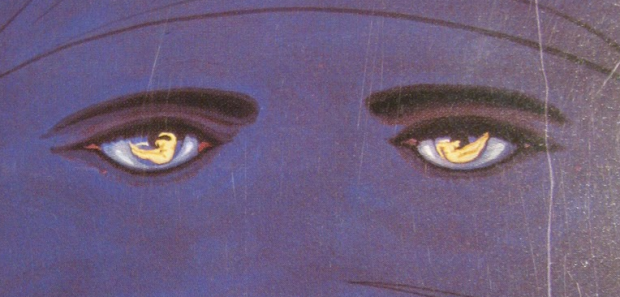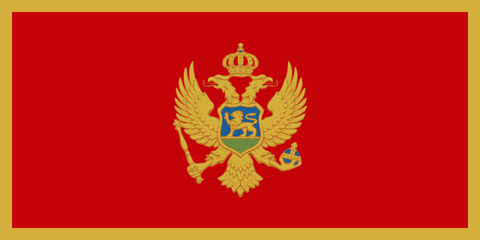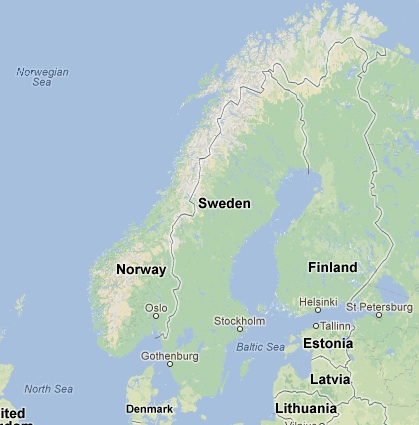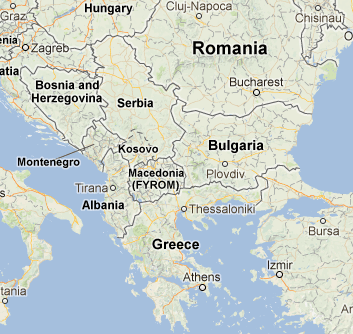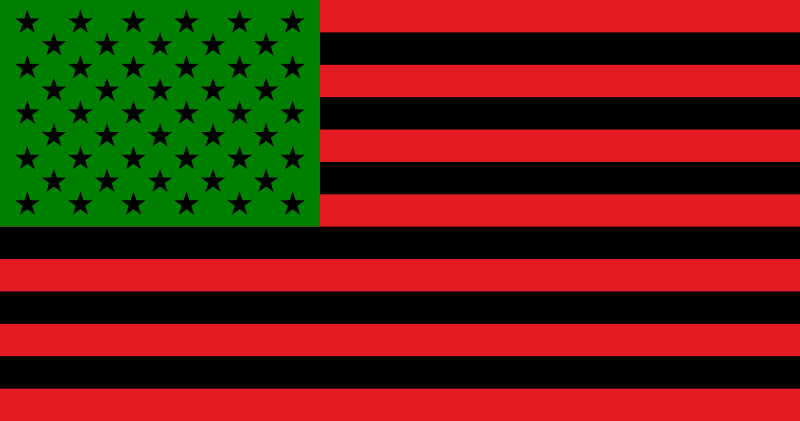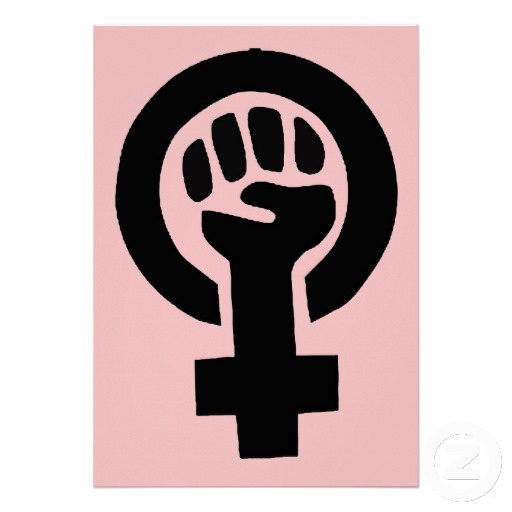Nick Carraway wants it both ways. Rich WASPs are repugnant, and the only folks who matter. Travis catalogs his hypocrisies.
“… I’m inclined to reserve all judgement…”
~Nick Carraway, p. 2 of The Great Gatsby
It’s almost inevitable that if a book has a shelf life of any considerable length, it will reach a point where some its contents have spoiled, leaving readers sniffing uncomfortably as they get wind of the rot that was mostly imperceptible to past generations, but has since grown in the obviousness of its stench. I’d remembered the ugly portrayal of Meyer Wolfsheim–the Jewish gangster who wears human molars as cufflinks–but in rereading The Great Gatsby in recent weeks, it was clear Wolfsheim was just the most striking flourish in a collage of stereotypes and generalizations. Like a good grad student, I started keeping a list of these representations as they came up. The list isn’t, I think, exhaustive, but it is representative of the tone of the novel. Some of these stereotypes (Nordics) were positive, some (most of the rest) were negative. Some were patronizing while others were downright brutal. Sometimes they seemed intended to make us loathe the character jumping to ethnic conclusions (during a racialized tirade, Tom Buchanan is described as “flushed with his impassioned gibberish”). But most often, it’s our sympathetic surrogate Nick Carraway who is playing the racist. Just watch him yuck it up at a “haughty” carload of “moddish negroes.”
It’s easy to dismiss these incidents as regrettable historical realities bubbling up in a literary masterwork. And I do think Gatsby is a masterwork, a distilled little haiku of a novel that captures both the seduction and moral corruption of wealth. However, even if Nick Carraway isn’t the self-deluding moron some critics make him out to be, he–and quite possibly Fitzgerald–is trying to have it both ways. Wealthy WASPs, “Nordics,” or whatever you want to call them, are the targets of Nick’s acid critique. They are also the only people who matter to him at all.
His housekeeper–a constant presence that fateful summer–is never given a name beyond “my Finn.” Wolfsheim reads like a propaganda strawman cooked up by Goebbels. Even WASPy women, while treated to more face time than those without Anglo blood, are little more than empty-headed porcelain dolls to be fawned & fought over. Gatsby himself is worthy of note only because of how successfully he has passed himself off as a fat-walleted member of the (male) WASP elite. Those who don’t possess Gatsby’s skills of deception or who, by dint of the bodies they inhabit, couldn’t sneak their way into the Nordic upper crust with even the most rougish of talents, are barely worthy of Carraway’s–Fitzgerald’s–notice.
These stereotypes are pervasive, built into the novel’s fabric. Even more troubling than the explicit examples below, though, are the absences between them. For Gatsby, if you aren’t wealthy, white, and male, these wooden simplicities are the best you can hope for. No matter how glaring the repugnance of the decadent rich, they still get to be the star of the star of the show. As for everyone else, they can’t even aspire to be supporting characters. Maybe, if they’re lucky enough to have Nick condescend to them, he’ll let them serve as extras, ethnic wallpaper at an all-white party.
As I said before, I do hold Gatsby to be a deeply impressive novel, but it is one for whom the presumption of inherent differences between races and genders are not incidental or excusable pockmarks on a book that has an otherwise commendable ethical imagination. They frame the story. They decide who Nick finds worthy of attention. They dictate the novel’s terms. With today’s release of Baz Luhrmann’s adaptation, we’re sure to hear a lot of talk about The Great Gatsby as The Great American Novel. It might not hurt to take a look at the catalog of stereotypes below, and then give some thought to whose America this represents.
(White) Americans: Resourceful Serfs, Never Peasants
“He was balancing himself on the dashboard of his car with that resourcefulness of movement that seems so peculiarly American–that comes, I suppose, with the absence of rigid sitting in youth and, even more, with the formless grace of our nervous, sporadic games.”
~Nick Carraway, p. 67
“Americans, while occasionally willing to be serfs, have always been obstinate about being peasantry.”
~Nick Carraway, p. 91
Finns: Muttering, Bedmaking Demons
“… a Finnish woman who made my bed and cooked breakfast and muttered Finnish wisdom to herself over the electric stove.”
~Nick Carraway, p. 8
“… I had forgotten to tell my Finn to come back…”
~Nick Carraway, p. 86
“… the demoniac Finn…”
~Nick Carraway, p. 90
Montenegrins: Little, Little, Little
“I was promoted to be a major, and every Allied government gave me a decoration–even Montenegro, little Montenegro down on the Adriatic Sea!”
~Jay Gatsby, p. 69
“Little Montenegro!”
~Nick Carraway, p. 69
“The smile comprehended Montenegro’s troubled history and sympathized with the brave struggles of the Montenegrin people. It appreciated fully the chain of national circumstances which had elicited this tribute from Montenegro’s warm little heart.”
~Nick Carraway, p.69
Nordics: Responsible for, Oh, Science and Art, and All That
“‘The idea is that we’re Nordics. I am, and you are, and you are, and–‘ After an infinitesimal second he included Daisy with a slight nod, and she winked at me again. ‘–And we’ve produced all the things that go to make civilization–oh, science and art, and all that. Do you see?'”
~Tom Buchanan, p. 18
Southeastern Europeans: Tragic Eyed and Grateful to See Gatsby’s Roadster
“The friends looked out at us with the tragic eyes and short upper lips of southeastern Europe, and I was glad that the sight of Gatsby’s splendid car was included in their somber holiday.”
~Nick Carraway, p. 72
Jews: Noses, Teeth Jewelry, and More Noses
“A small, flat-nosed Jew raised his large head and regarded me with two fine growths of hair which luxuriated in either nostril. After a moment I discovered his tiny eyes in half darkness.”
~Nick Carraway, p. 72
“… for [Wolfsheim] dropped my hand and covered Gatsby with his expressive nose.”
~Nick Carraway, p. 72
“[Wolfsheim’s] nostrils turned to me in an interested way.”
~Nick Carraway, p. 74
“I see you’re looking at my cuff buttons … Finest specimens of human molars.”
~Meyer Wolfsheim, p. 74
“As [Wolfsheim] shook hands and turned away his tragic nose was trembling.”
~Nick Carraway, p. 76
African-Americans: Hilariously Yolk-Eyed & Haughty
“As we crossed Blackwell’s Island a limousine passed us, driven by a white chauffeur, in which sat three modish negroes, two bucks and a girl. I laughed aloud as the yolks of their eyeballs rolled toward us in haughty rivalry.”
~Nick Carraway, p. 72
“Nowadays people begin by sneering at family life and family institutions, and next they’ll throw everything overboard and have intermarriage between black and white.”
~Tom Buchanan, p. 132
Women: Or Should We Say “Girls”
“Woman” or “Women” appears 38 times in the text
“Girl” or “Girls”: 70 times
“I’m glad it’s a girl. And I hope she’ll be a fool–that’s the best a girl can be in this world, a beautiful little fool.”
~Daisy Buchanan, p. 22
“Dishonesty in a woman is a thing you never blame deeply…”
~Nick Carraway, p. 62
“[Gatsby] knew women early, and since they spoiled him he became contemptuous of them, of young virgins because they were ignorant, of others because they were hysterical about things which in his overwhelming self-absorption he took for granted.”
~Nick Carraway on Gatsby, p. 101
“By God, I may be old-fashioned in my ideas, but women run around too much these days to suit me. They meet all kinds of crazy fish.”
~Tom Buchanan, p. 106

